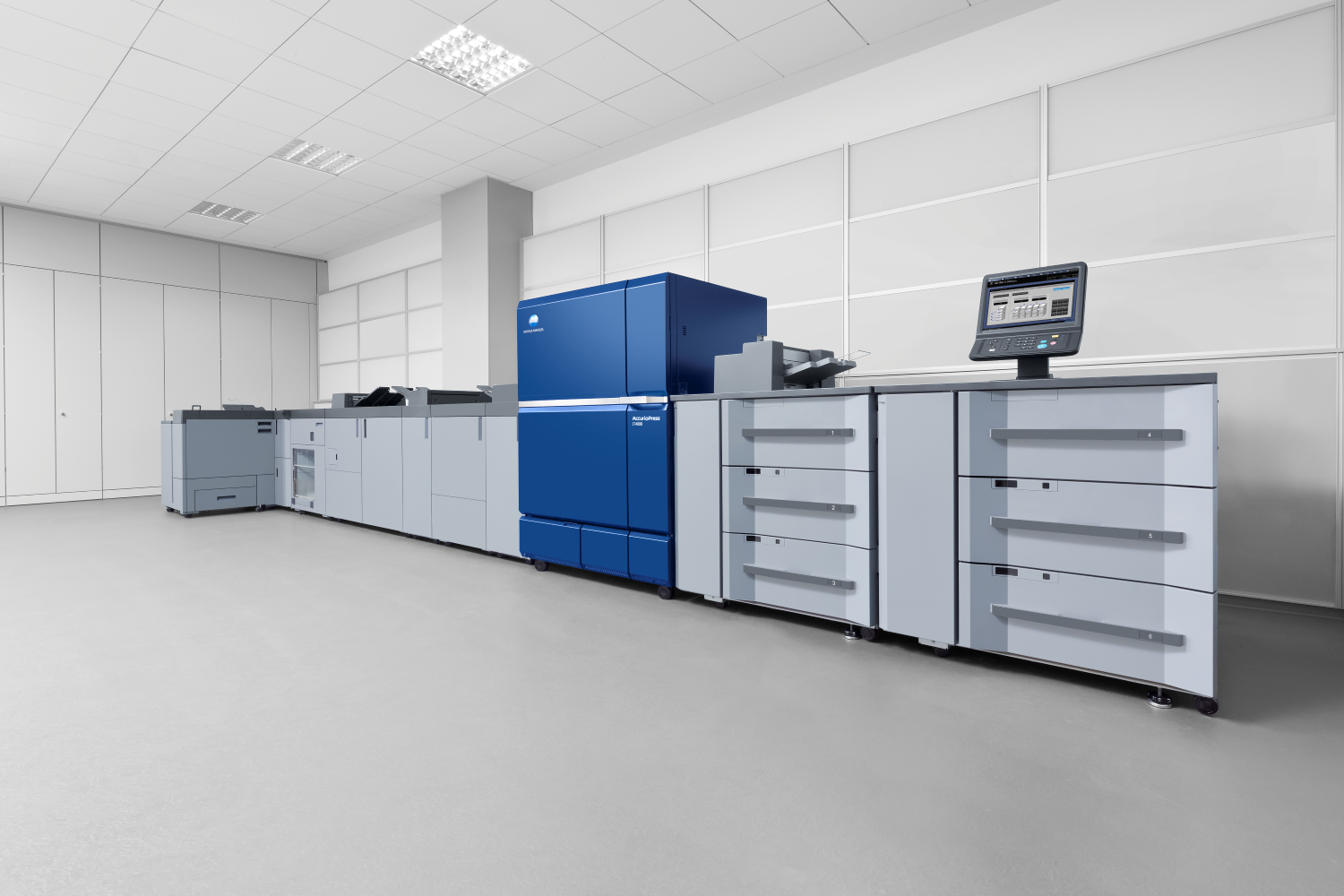Content fuels every business, from invoices and customer records to marketing materials and purchase orders. Most organisations have never really gotten on top of managing this content in the most effective way, and people can waste significant amounts of time finding documents, managing documents, and passing documents onto the next person in the workflow.
This creates significant inefficiencies and opportunities for error, and can hold your business back.
You need to revolutionise your enterprise content management (ECM) approach.
Defining ECM
Enterprise Content Management (ECM) is the strategies, methods and tools used to capture, manage, store, preserve, and deliver content and documents related to organisational processes.
ECM lets your business capture documents electronically, even if they were sent to you on paper. Once you’ve digitised these documents, you can store them on a network or in the cloud so people can search for them and access them remotely and instantly.
With ECM solutions, you can track who has accessed what documents, and see what changes they’ve made, giving you better version control as well as visibility into document security.
The benefits of ECM
ECM delivers six key benefits to your business:
1. Easy digital document conversion
ECM solutions make it easy to capture and convert paper-based information into digital files that can be efficiently indexed, stored, transmitted, and formatted. This reduces your reliance on paper-based documents that can easily be lost, damaged, or altered. Using optical character recognition (OCR) for this process eliminates the need to re-key information, which could result in errors as well as being time consuming.
2. Remote document access
The workplace of the future isn’t in any one specific location. The rise of mobile devices means employees need to be able to access work documents from anywhere. When your content is stored in the cloud, employees can access it from any mobile device no matter where they are in the world. This helps workers be more productive when they’re on the road or working from home. It also eliminates bottlenecks that can be caused when paper-based documents aren’t where they’re supposed to be, whether because someone took them home to work on them or because they were mis-filed in a physical filing cabinet, or simply lost in a pile of papers on someone’s desk.
3. Easier compliance with regulations and legislation
The introduction of the mandatory notifiable data breach (NDB) scheme, an addition to the Privacy Act, means organisations must take even more responsibility for keeping individuals’ personal information secure. Maintaining strong document security starts with knowing exactly what information you have stored, where it’s located, who has access to it, and what security measures are in place to protect it. ECM solutions help track that information and keep documents safe from unauthorised access.
4. Less time wasted
When electronic documents are stored haphazardly in file servers or on people’s desktops, and paper-based documents are locked in filing cabinets, finding the information needed to get the job done becomes trickier and more time consuming. This often leads to lost documents being recreated, which adds even more inefficiency to the process. ECM solutions store documents in a central, searchable repository so they can be located instantly. This means you no longer have to type out a new contract from scratch or spend hours looking for an invoice that needs to be paid.
5. Better data security
Storing documents in a central repository that tracks who accesses which documents and when can help you keep documents secure. When paper-based documents are left on desks or in filing cabinets, unauthorised people can view and copy those documents easily without leaving a trace. It’s much harder to access documents in an ECM system if you’re not authorised to do so.
6. Better Integration.
Integration with existing systems such as accounting and human resources eliminate the need for unnecessary additional keystrokes and associated errors.
7. No physical storage needs
Businesses face legal requirements to store certain documents for a defined period of time. As paper-based documents mount up, the amount of physical space required to store these documents gets larger. This means businesses need to set aside a dedicated archive storage area on the premises, taking up valuable space that could be used for other things, or else you may need to pay for offsite storage. This remote document storage can be expensive and inconvenient, especially if you need to access older documents. Storing documents in an ECM system makes them easy to access and doesn’t take up any physical space at all, so you can keep all the documents you need, for as long as necessary.
To find out how Konica Minolta can help you achieve these benefits through an ECM system, contact us today.





